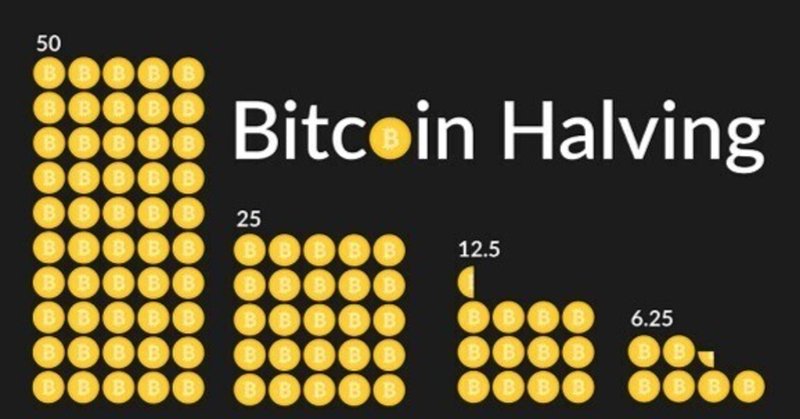
第652回: ビットコイン、いよいよ半減期を迎える4月に突入、香港がETF承認をする傍ら、日本ではETF購入可否のネタが禁句に
ここ最近、マーケット関連のネタが多く、毎週のように、金融コラムめいた記事を書いておりましたので、久しぶりにビットコインとブロックチェーンの基礎知識的なことについて、書いてみようと思います。といっても、ビットコインもブロックチェーンも、今や金融アセットクラスとして大量の資金が流入しておりますので、似たところもあるのですが、それでも半減期、という重要なイベント(4年に1度)を迎えるにあたり、ここはきちんと解説していきたいなと。思っている次第です。
ここから先は
37,188字
¥ 500
この記事が気に入ったらサポートをしてみませんか?
